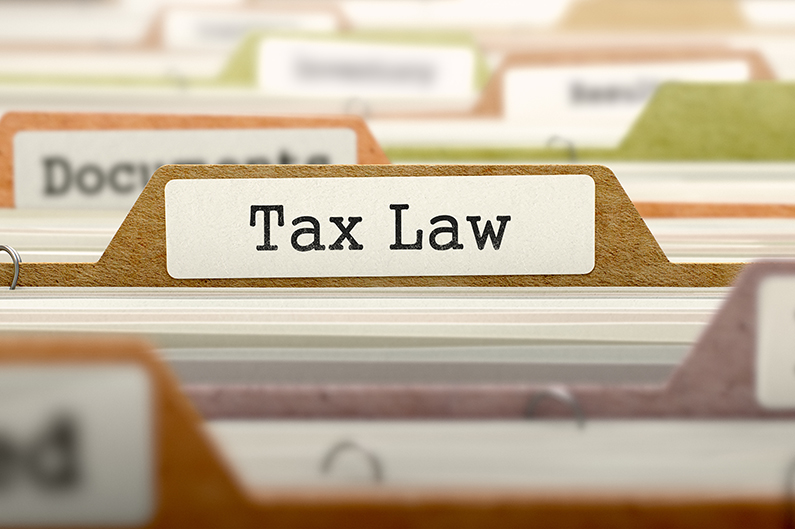The words ‘Capital Gains Tax’ may sound alarm bells for potential property investors, but profiting from property doesn’t necessarily have to come with a stinging tax bill. Here’s all you need to know about what Capital Gains Tax is, and how you can avoid or minimise it.
What is Capital Gains Tax?
Capital Gains Tax (or CGT) is tax on the profit made on the sale of any capital item, with property being just one of the asset types that attracts this form of tax.
With relation to real estate, investors are generally required to pay CGT on any property owned that is not a primary place of residence. While your family home is exempt from CGT, this tax may be payable on investment properties, holiday homes and other properties you own. It is collected by the Federal Government through the Australian Taxation Office.
How is Capital Gains Tax charged?
CGT is charged at the marginal tax rate and calculated in three different ways: The CGT Discount method, for assets held for 12 months or more; the Indexation method, for assets acquired before 21 September 1999; and the ‘Other’ method, for assets held for less than 12 months. If you own a property for less than 12 months you must pay the full rate of CGT on any capital gain you make, but if you own it for more than 12 months you are eligible for a hefty 50 per cent tax discount. It definitely makes sense to take this into account before selling! If you have owned a property since before 21 September 1999, you can apply indexation to increase the cost base of your property, reducing your capital gain for tax purposes.
How can I minimise my tax exposure?
Don’t let Capital Gains Tax put you off investing in property. It is possible to make healthy profits from real estate and avoid or pay minimum amounts of CGT. Buying property through a self-managed super fund (SMSF) is one way to avoid incurring CGT, while using your main residence as a business is another way to reduce CGT.
Careful record keeping is imperative in minimising tax paid for all investment properties. The capital gain is calculated as the difference between the sale price, less associated expenses and the original purchase price.
Keep records of all costs in relation to the purchase of your property and the improvements you have made. Time your property sale to maximise other deductions in the same financial year, which will reduce your overall taxable income. Engaging an accountant is a prudent idea.
What about exemptions?
There are a number of possible CGT exemptions:
Main place of residence
You can avoid paying CGT if you sell a dwelling that’s considered your main place of residence. However, you can only ever have one main residence at any given time, unless you’re selling your old main residence and buying another. In this case, you’re entitled to an overlap period of six months.
Temporary absence rule
If you move out of your property and rent it out you can claim an exemption from CGT for a period of up to six years. Taxpayers may rent out their primary residence for several reasons, including moving for work purposes, extended overseas travel or studying overseas.
If you apply the temporary absence rule to treat that home as your main residence you cannot nominate any other home as your main residence during the same period.
Date purchased
Property is exempt from capital gains tax if purchased before 20 September 1985.
See the Australian Tax Office website for more detailed information regarding Capital Gains Tax and how it relates to your particular circumstances: ato.gov.au/General/Capital-gains-tax





